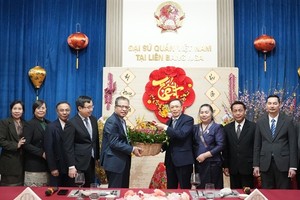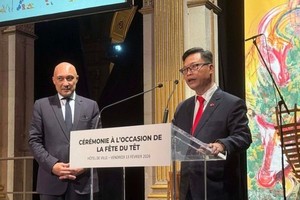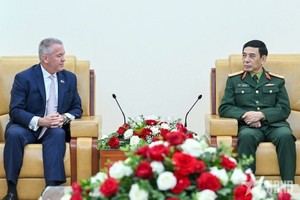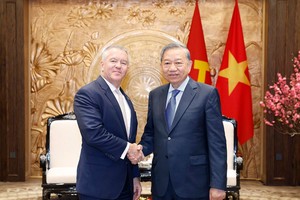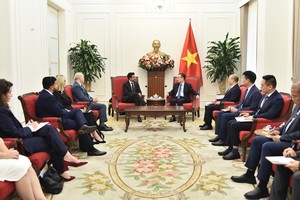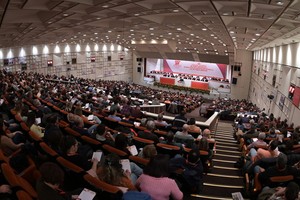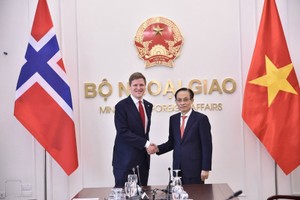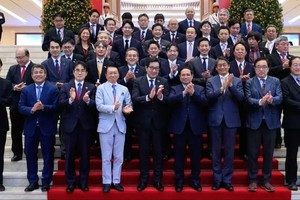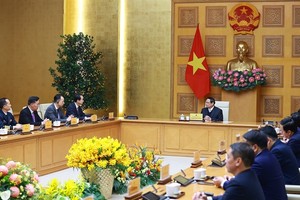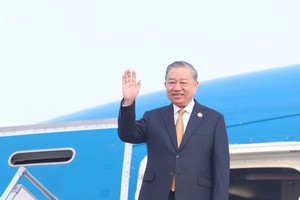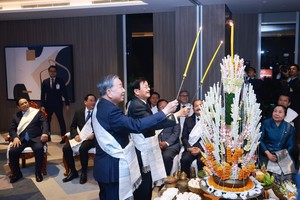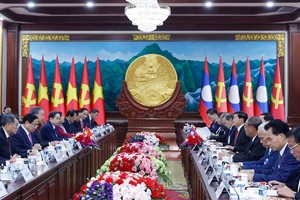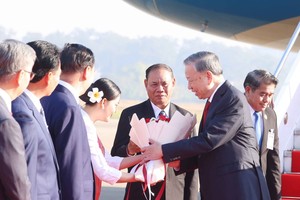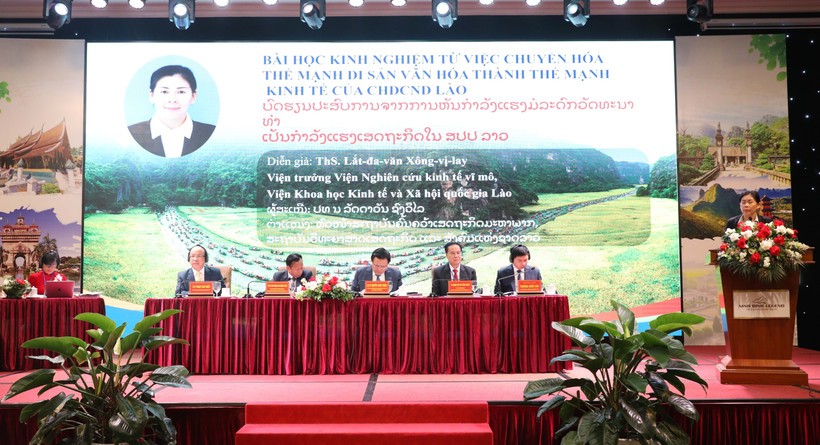
A seminar held in the northern province of Ninh Binh on July 29 brought together Vietnamese and Lao experts to exchange experience and strategy on developing heritage-based economies.
Addressing the event, Prof. Dr. Nguyen Xuan Thang, President of the Ho Chi Minh National Academy of Politics and Chairman of the Central Theory Council, emphasised that both Vietnam and Laos regard cultural and natural heritage as vital drivers of rapid and sustainable national development. The two Parties and States have issued various guidelines and policies to promote the heritage economy, with a focus on fostering cultural industries, developing sustainable tourism, protecting the environment, and ensuring the responsible use of resources.
These policies form a critical legal framework for the management, conservation, and promotion of heritage values, closely linking preservation with development. Vietnam and Laos have strengthened cooperation in heritage preservation and promotion through diverse and increasingly effective initiatives.
Thang urged participants to focus discussions on key issues, including the enhancement of state governance in the heritage economy, and placing local communities at the center of heritage-based development. He also suggested topics like promoting targeted investment and infrastructure modernisation, applying digital technologies, innovating heritage-related cultural and tourism services, training human resources, boosting scientific research, and expanding both bilateral and multilateral cooperation in heritage-based economic development.
Dr. Koong-Keo Xaysongkham, President of the Lao Academy of Social and Economic Sciences, stated that the Lao government not only prioritises the preservation and promotion of heritage values but also encourages their effective and sustainable use.
Currently, Laos has over 800 cultural, historical, and natural tourism sites open to visitors, including four UNESCO World Heritage Sites. The country welcomes over 4.5 million international tourists annually, generating more than US$1 billion in revenue. Tourism is now a key sector, contributing significantly to economic growth, poverty reduction, job creation, and income generation.
The seminar received nearly 40 presentations focusing on critical aspects of heritage economic development. Experts provided in-depth analyses of opportunities and challenges, shared international models, and proposed practical solutions to enhance heritage conservation and economic growth, contributing to the common development goals of the two countries.
